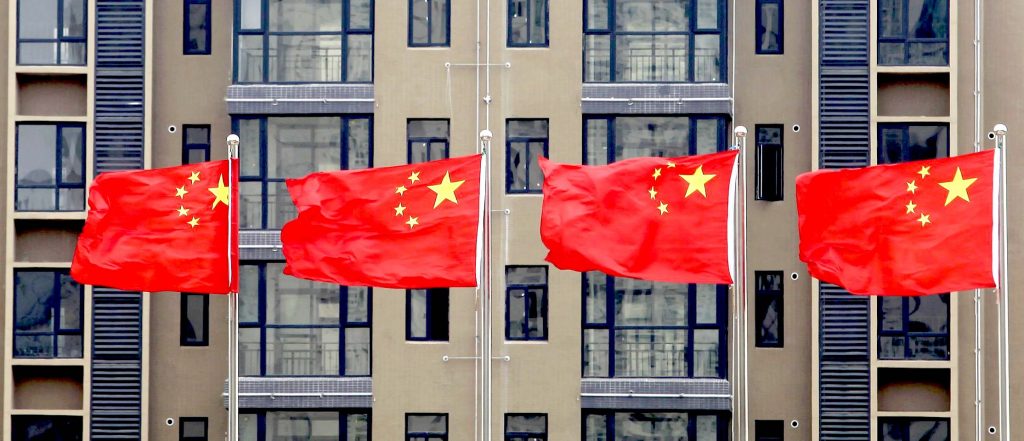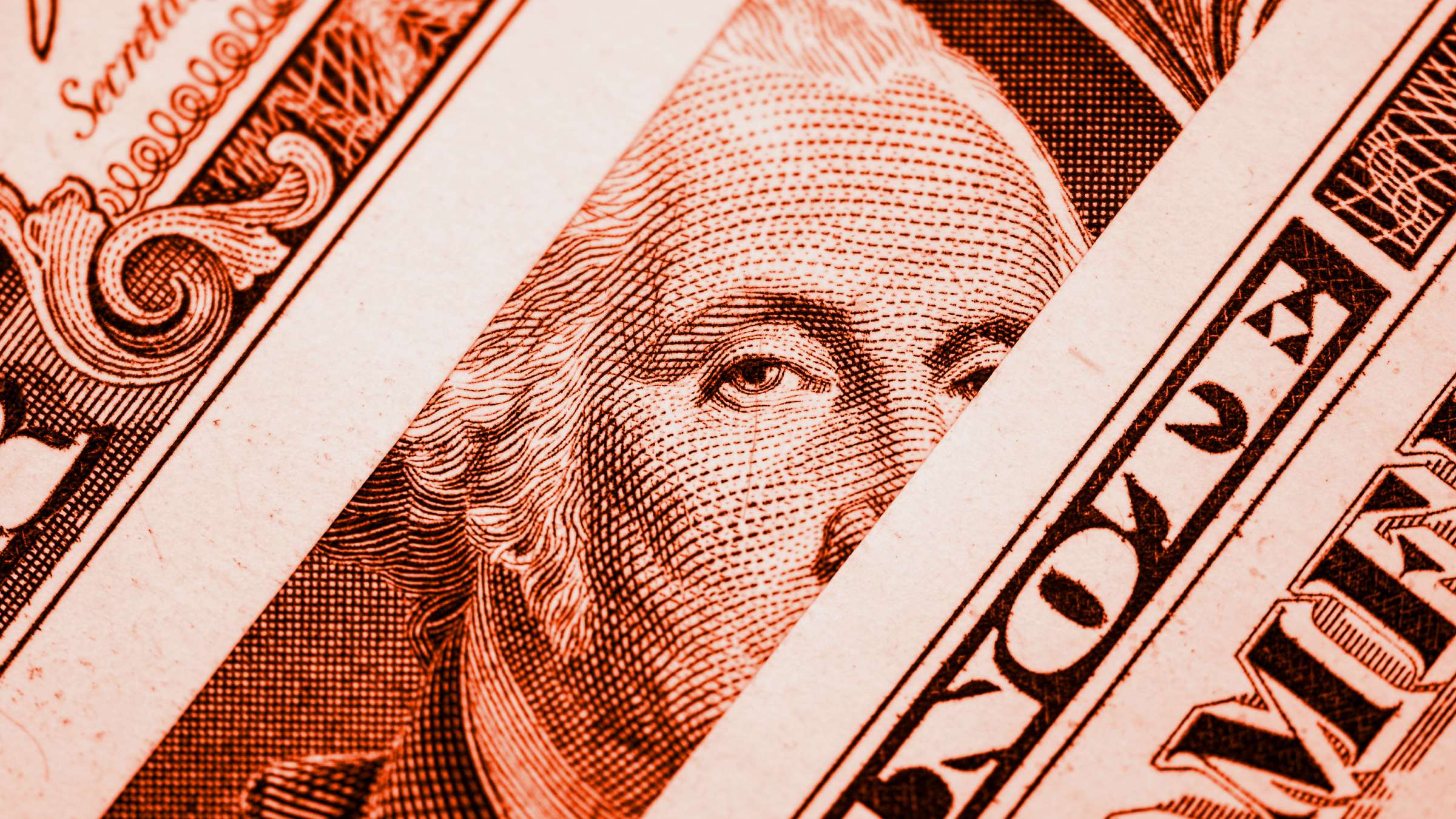SHANGHAI— Steve Bannon, the recently departed White House chief strategist, asserts that, “We’re at economic war with China.”
If that’s the case, Beijing seems supremely confident of victory.
Eight months into a Trump presidency, the Chinese leadership has offered a few gestures to placate the U.S.—lifting a ban on U.S. beef was one—while pressing its advantages on all fronts in its competition with the West for industrial dominance.
Expect one or two more headline-grabbing concessions; Beijing is gearing up for a splashy announcement on electric vehicles, which may help Tesla. In Beijing this week, U.S. Commerce Secretary Wilbur Ross said he hoped for “very good deliverables,” when Mr. Trump visits in November.
But China sees competition as a zero-sum game. It flaunts its indifference to the West’s complaints almost gratuitously, as in Shanghai’s recent ban on soft-cheese imports, which sent French chefs on a hunt for local brie and Roquefort to fill their dessert trolleys.
Foreign businesses are on notice that they are tolerated in China only for as long as they serve Chinese state goals.
Even as President Xi Jinping promises to “push forward market opening faster,” his “Made in China 2025” plan has the overt aim of displacing foreign manufacturers in critical areas like robotics, medical equipment and driverless vehicles.
An evolving “social-credit” system will use intrusive monitoring and big data to ensure all companies—Chinese and foreign—align with five-year plans. As part of this effort, the Communist Party is accelerating its push to plant cells in private companies, including multinationals.
U.S. and European firms report they’ve rarely felt less welcome. Internet blocks make it increasingly hard for their executives to access business information in the cloud. Even email is difficult. Foreign investment is slowing this year.
This is the behavior of a government that senses it has the upper hand.
What emboldens China? Its sharpest trading practices fall outside the scope of World Trade Organization rules. The system wasn’t set up with a secretive and centrally directed colossus like China Inc. in mind. Western economies, once optimistic that WTO membership would induce transparency and free-market reforms in China, now have no good defense. Put crudely, China knows it can get away with it.
Consider the remarkably small number of cases brought against China since it joined the WTO in 2001, despite widespread complaints about forced technology transfers, rampant intellectual property theft and unfair competition from state firms. The total between 2002 and 2016: just 38. (During the same period, the U.S. was the target of 73 complaints.)
China looks at this data as affirmation that, by and large, it plays by the rules. Critics say it has gotten expert at going around them.
So far, the strategy is working. The economy is on an upswing, propped up by debt but also, for now, defying conventional theories that mercantilism will sap China’s creative vigor. One in three of the world’s “unicorns”—startups worth more than $1 billion—are Chinese, according to McKinsey.
Success reinforces predatory habits. China will soon have more middle-class consumers than the entire U.S. population, giving Beijing huge market power. Donald Trump’s chief trade negotiator, Robert Lighthizer, says he gets “an awful lot of complaints” from chief executives forced to share technology with joint venture partners. But those CEOs are reluctant to go public with their gripes for fear of retaliation in their most promising market.
Meanwhile, China is adept at exploiting divisions between U.S. interests on either side of the China trade: steel manufacturers, for example, support tariffs on imports; steel users oppose them.
What’s the answer for the U.S.? Mr. Trump has dropped threats to slap tariffs on Chinese exports, wary of a disastrous trade war. The need to enlist China’s help on North Korea also played into that decision.
The same consideration may end up blunting Mr. Lighthizer’s formal investigation into forced technology transfers.
For China, the message is Mr. Trump’s threats won’t be backed up with action.
From Washington to Berlin, the cry has gone up for “reciprocity”—equal market access—from Beijing. It’s a beguiling ideal to be sure. But to get there says Scott Kennedy, an expert on Chinese industrial policy at the Center for Strategic and International Studies, would require not just long-term engagement with China, and support from the WTO and other world bodies, but close cooperation among economies threatened by Chinese protectionism.
In other words, the Trump administration would have to inspire a coalition of countries that it is now trying to bully into submission over their trade surpluses with the U.S. South Korea is a prime example.
Mr. Kennedy is skeptical that it can. The Chinese, he says “think they’re in the driving seat.”
He predicts a flurry of largely symbolic market-opening announcements. “Eventually,” he says, “the U.S. will accept tokenism.”













